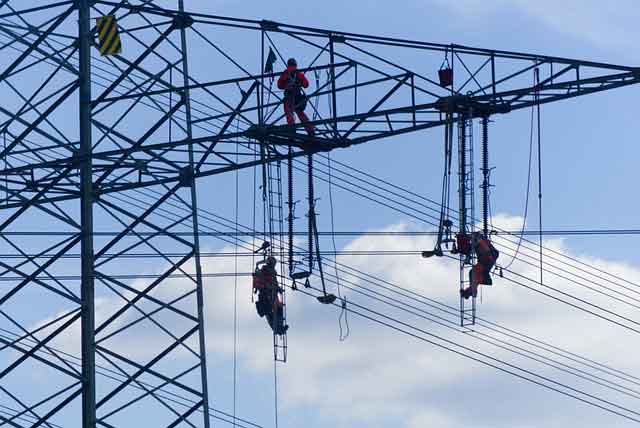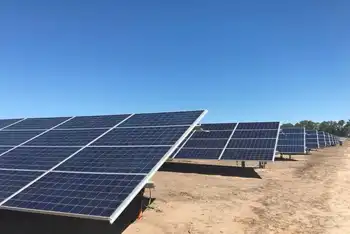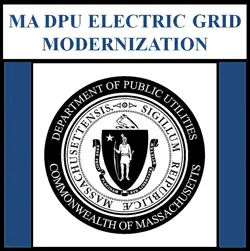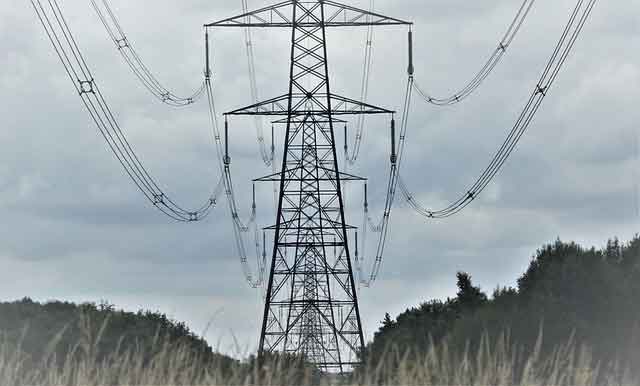Power Outage in Northeast D.C.
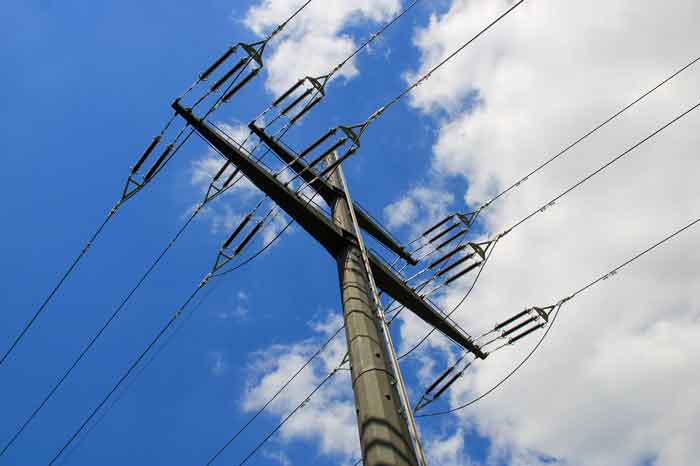
Protective Relay Training - Basic
Our customized live online or in‑person group training can be delivered to your staff at your location.

- Live Online
- 12 hours Instructor-led
- Group Training Available
Northeast D.C. Power Outage highlights Pepco substation equipment failure, widespread service disruptions, grid reliability concerns, and restoration efforts, with calls for smart grid upgrades, better communication, and resilient infrastructure to protect residents, schools, and businesses.
Key Points
A Pepco substation failure caused outages, prompting restoration work and plans for smarter, resilient grid upgrades.
✅ Pepco cites substation equipment failure as root cause
✅ Crews prioritized rapid restoration and customer updates
✅ Calls grow for smart grid, resilience, and transparency
A recent power outage affecting Northeast Washington, D.C., has drawn attention to the vulnerabilities within the city’s energy infrastructure. The outage, caused by equipment failure at a Pepco substation, left thousands of residents in the dark and raised concerns about the reliability of electricity services in the area.
The Outage: What Happened?
On a typically busy weekday morning, Pepco, the local electric utility, reported significant power disruptions that affected several neighborhoods in Northeast D.C. Initial reports indicated that around 3,000 customers were without electricity due to issues at a nearby substation. The outages were widespread, impacting homes, schools, and businesses, and reflecting pandemic energy insecurity seen in many communities, creating a ripple effect of inconvenience and frustration.
Residents experienced not only the loss of power but also disruptions in daily activities. Many were unable to work from home, students faced challenges with remote learning, and businesses had to close or operate under limited conditions. The timing of the outage further exacerbated the situation, as it coincided with a period of increased demand for electricity, making efforts to prevent summer outages even more crucial for residents and businesses.
Community Response
In the wake of the outage, local community members and leaders quickly mobilized to assess the situation. Pepco crews were dispatched to restore power as swiftly as possible, but residents were left grappling with the immediate consequences. Local organizations and community leaders stepped in to provide support, especially as extreme heat can exacerbate electricity struggles for vulnerable households, offering resources such as food and shelter for those most affected.
Social media became a vital tool for residents to share information and updates about the situation. Many took to platforms like Twitter and Facebook to report their experiences and seek assistance. This grassroots communication helped keep the community informed and fostered a sense of solidarity during the disruption.
The Utility's Efforts
Pepco’s response involved not only restoring power but also addressing the underlying issues that led to the outage. The utility company communicated its commitment to investigating the cause of the equipment failure and ensuring that similar incidents would be less likely in the future. As part of this commitment, Pepco outlined plans for infrastructure upgrades, despite supply-chain constraints facing utilities nationwide, aimed at enhancing reliability across its service area.
Moreover, Pepco emphasized the importance of communication during outages. The company has been working to improve its notification systems, ensuring that customers receive timely updates about outages and restoration efforts. Enhanced communication can help mitigate the frustration experienced during such events and keep residents informed about when they can expect power to be restored.
Broader Implications for D.C.'s Energy Infrastructure
This recent outage has sparked a larger conversation about the resilience of Washington, D.C.’s energy infrastructure. As the city continues to grow and evolve, the demand for reliable electricity is more critical than ever. Frequent outages can undermine public confidence in utility providers and highlight the need for ongoing investment in infrastructure amid an aging U.S. grid that complicates renewable deployment and EV adoption across the country.
Experts suggest that to ensure a more reliable energy supply, utilities must embrace modernization efforts, including the integration of smart grid technology and renewable energy sources. These innovations can enhance the ability to manage electricity supply and demand, especially during unprecedented demand in the Eastern U.S. when heatwaves strain systems, reduce outages, and improve response times during emergencies.
The Path Forward
In response to the outage, community advocates are calling for greater transparency from Pepco and other utility companies. They emphasize the importance of holding utilities accountable for maintaining reliable service and communicating effectively with customers, while also promoting customer bill-reduction initiatives that help households manage costs. Public forums and discussions about energy policy can empower residents to voice their concerns and contribute to solutions.
As D.C. looks to the future, it is essential to prioritize investments in energy infrastructure that can withstand the demands of a growing population. Collaborations between local government, utility companies, and community organizations can drive initiatives aimed at enhancing resilience and ensuring that all residents have access to reliable electricity.
The recent power outage in Northeast D.C. serves as a reminder of the challenges facing urban energy infrastructure. While Pepco's efforts to restore power and improve communication are commendable, the incident highlights the need for long-term solutions to enhance reliability. By investing in modern technology and fostering community engagement, D.C. can work towards a more resilient energy future, ensuring that residents can count on their electricity service even in times of crisis.





